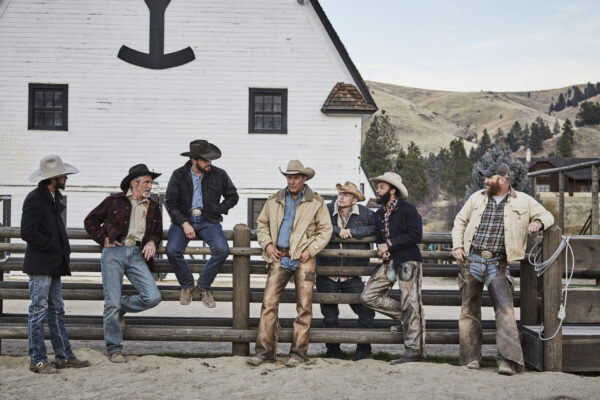A couple weeks ago I read an opinion column in the Deseret News opposing Senate Bill 49, which seeks to expand state incentives to attract film productions to Utah. Oddly enough, as an elected Commissioner in San Juan County who has worked hard to help pass SB-49, I would normally agree with most of the points the writer made.
He argued that in a perfect world, government would not provide tax breaks or subsidies to private industry. Hard to disagree. He reasoned that part of the problem is that too many states are offering incentives to the film business, which forces Utah to consider upping its efforts. I can’t argue with that.
He noted that there is debate among economists as to whether these tax incentive programs are worth it. That reminded me of an old joke that if you took all the economists in the world and laid them end-to-end, they still wouldn’t reach a conclusion. No doubt there is disagreement.
The piece also stated that Michigan’s film incentive program was so bad, it was cancelled. That is a fact, and if Utah’s program was anything at all like Michigan’s, I would cancel it, too.
The late, great Rush Limbaugh used to declare himself “Mayor of Realville.” Well, maybe I should run for county commissioner there, because reality for my county is very different from what was portrayed in the article. Our county has been hurt badly by the losses in film productions over the past few years. It’s not like a new Tesla factory is on its way to Blanding, so film production dollars really matter.
SB-49 does not create a new program. Utah currently has a viable, well-managed tax incentive program to attract film productions, especially to rural Utah. From the start, the legislature wisely imposed a “cap” on the amount that could be rebated at $8.3 million. They wanted the program to prove itself. It worked well enough that the cap is now too low and we are losing business to other states.
Another good move by lawmakers was to restrict tax rebates exclusively to money paid directly to Utah contractors, goods and services. Michigan, for one, did not do that. In Utah, the only production dollars eligible for a tax rebate are those spent on Utah people, goods and services.
Additionally, Utah only approves rebates after the money has been spent. No one gets a Utah rebate based on promises or predictions; rebates only come after the fact, following careful audits and approvals.
I guess taking a poke at Kevin Costner, a well-known star and producer, was too tempting to pass up, but he is only one (significant) player in a giant industry. I think most Utahns would say that if Mr. Costner wants to come here and spend, say, a $20 million chunk of his overall budget hiring, renting and purchasing right here in Utah, and in return for each tax dollar owed on those local expenditures we rebate 20 cents, that’s not a bad deal. Now we have 80 cents we would have gotten no other way.
SB-49 leaves the $8.3 million cap in place, but does allow it to rise for productions that specifically benefit Utah’s rural counties. For tax rebates to exceed the cap, the majority of the production must occur in rural Utah and generate enough jobs, local business revenues and taxes to raise it. The idea is that exceeding the existing cap would be a good thing, especially for rural Utah.
Some people also wrongly assume that the only way Utah can compete is by offering bigger tax rebates than any other state. That is not true, nor is that the aim. Utah has built-in advantages that other states don’t have, like an international airport/Delta hub. Utah boasts an unbeatable range of landscapes. We offer over 3,000 active Utah independent film production contractors – in lighting, photography, sets, transportation, etc. – and thousands of businesses throughout the state that benefit from the spending.
Utah is not looking to out-incentivize other states or win the proverbial “race to the bottom”. If the rebate cap rises, it will mean rural Utah is the big winner. If we are reasonably competitive on cost, we can close the gap with our other attractions. But we can’t win the business if we make it impossible for a producer who wants to work here to stay on budget.
Like most of us, I would love to dwell in a place where everything is as it “should” be. Sadly, none of us do. Am I happy that sometimes government intervenes to help its constituents prosper? Not really. It should only happen when truly necessary and the benefits clearly outweigh the costs. In my opinion, SB-49 qualifies.
– by Bruce Adams, San Juan County Commissioner
Feature image caption: Kevin Costner’s Yellowstone cast, for a TV show that films on site in Montana and Utah, thanks to tax incentives. Courtesy Paramount Network.

